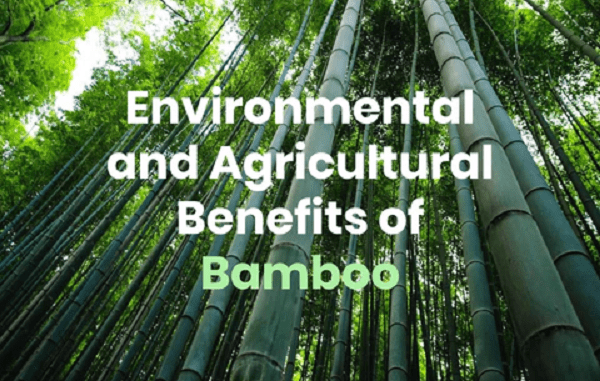
A Kenyan evironmental group, Kirinyaga Bamboo Environmental Guardians, were convinced that planting trees along the riverbanks could help restore the environment.
They sought to tackle the degradation of Kiringa River, a once-pristine waterway long revered by the local community. The riverbanks suffered from severe soil erosion, water levels dwindled and pollution worsened due to climate change and human activities, such as upstream irrigation.
Although some members of the environmebntal group owned tree nurseries with diverse species, they opted to plant two varieties of Chinese bamboo due to their rapid growth and numerous economic benefits.
Armed with guidance from the China-based International Bamboo and Rattan Organization, along with support from the Bamboo Association of Kenya and the Kenya Forestry Research Institute, the group set to work to address the situation.
They aimed to create a bamboo canopy to reduce evaporation from the river, increase tree cover and mitigate the effects of climate change. If succeesful, the bamboo canopy will cover the river entirely from an aerial view.
The bamboo would also enhance the river’s beauty, purify the air, prevent soil erosion, absorb harmful minerals from the water and help cool the river.
Apart from protecting the river, bamboo has a wide range of uses, from producing lumber and building materials to making artifacts, cooking briquettes, garments, tiles and house ceilings. Recently, they learned that bamboo can even be used to make sanitary pads.
Bamboo can also be transformed into biochar, a soil conditioner created by burning woody material in limited oxygen, a process known as pyrolysis. The resulting product is ground into small particles and spread over the land to improve soil quality. It also is a very effective way of storing carbon in the soil for hundreds of years. Bamboo is one of the fastest-growing plants in the world, making it the best alternative for charcoal production. It reduces the need to cut down trees, helping mitigate climate change. (See https://china-environment-news.net/how-biochar-can-help…/).
The above article is edited by CEN from Xinhua.
Source: Xinhua, Sept 4, 2024. https://english.news.cn/…/b9a16715794249cba4d057…/c.html